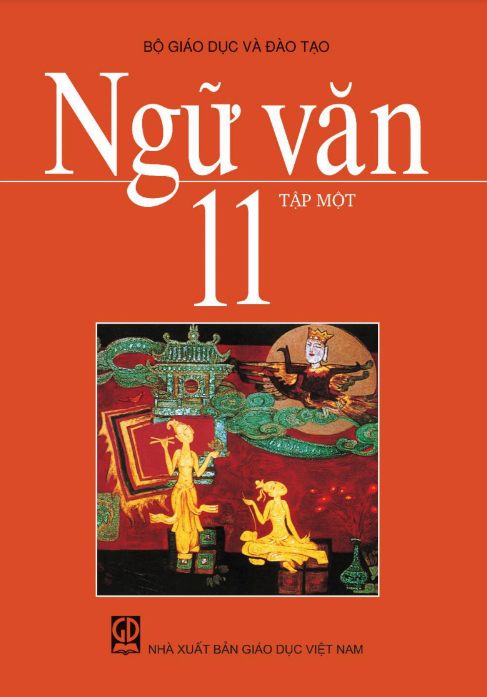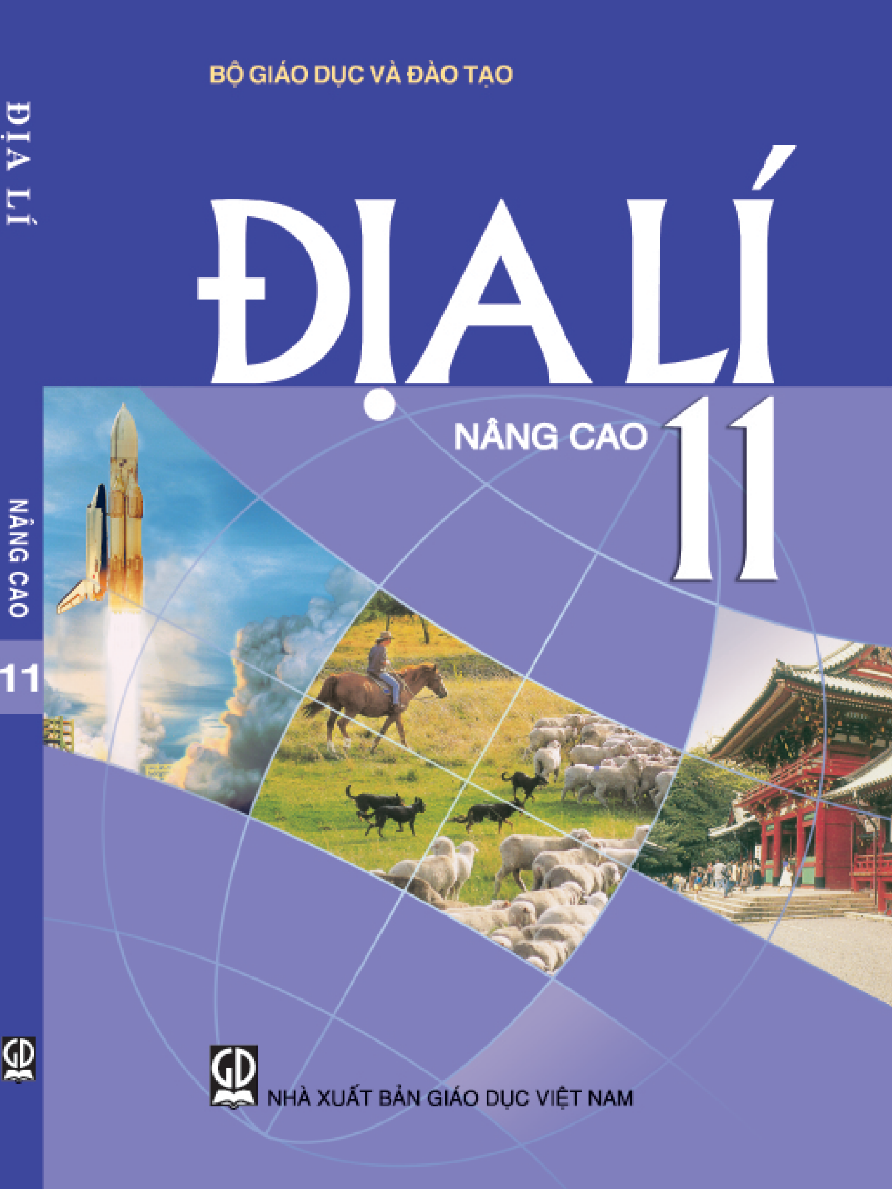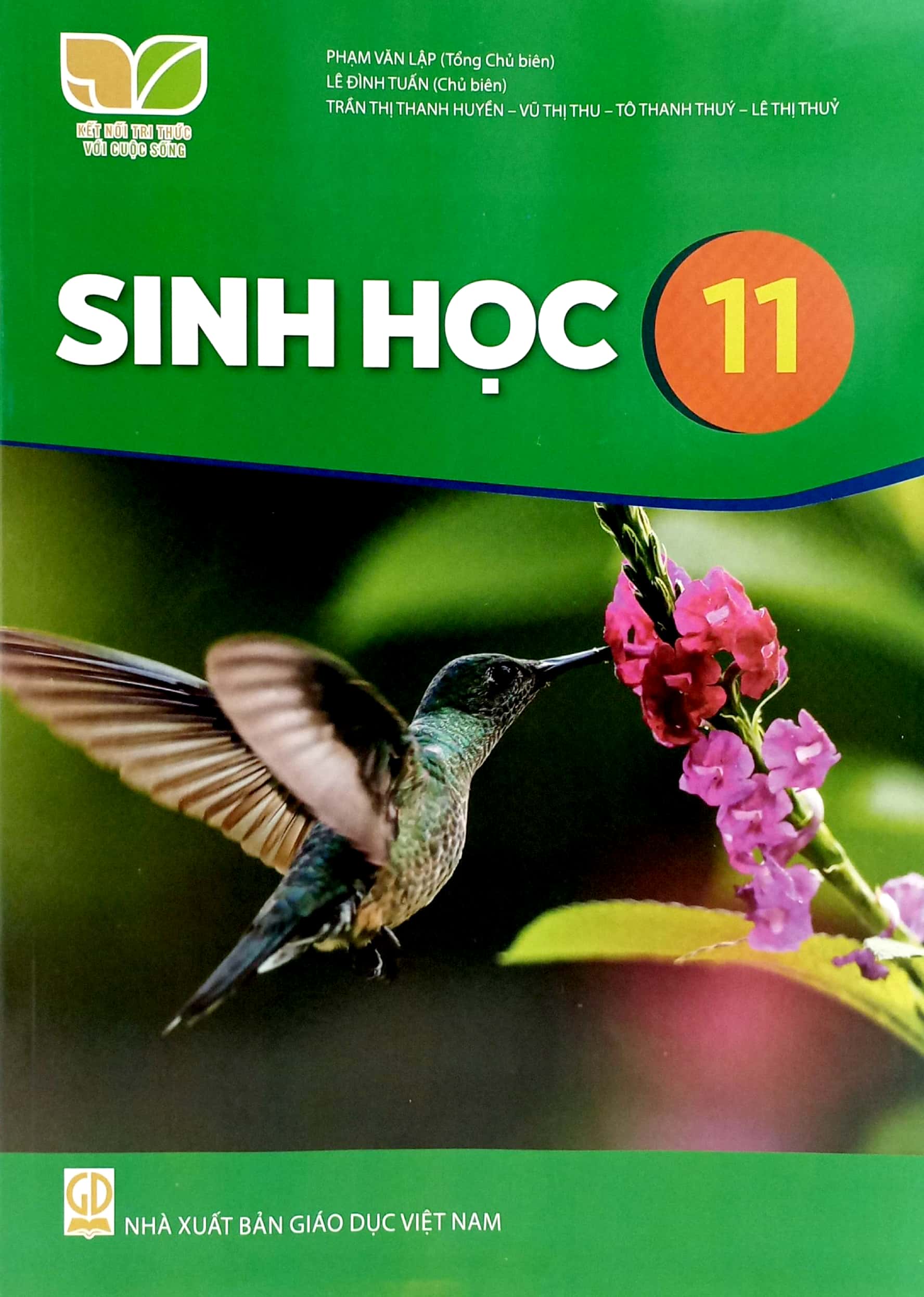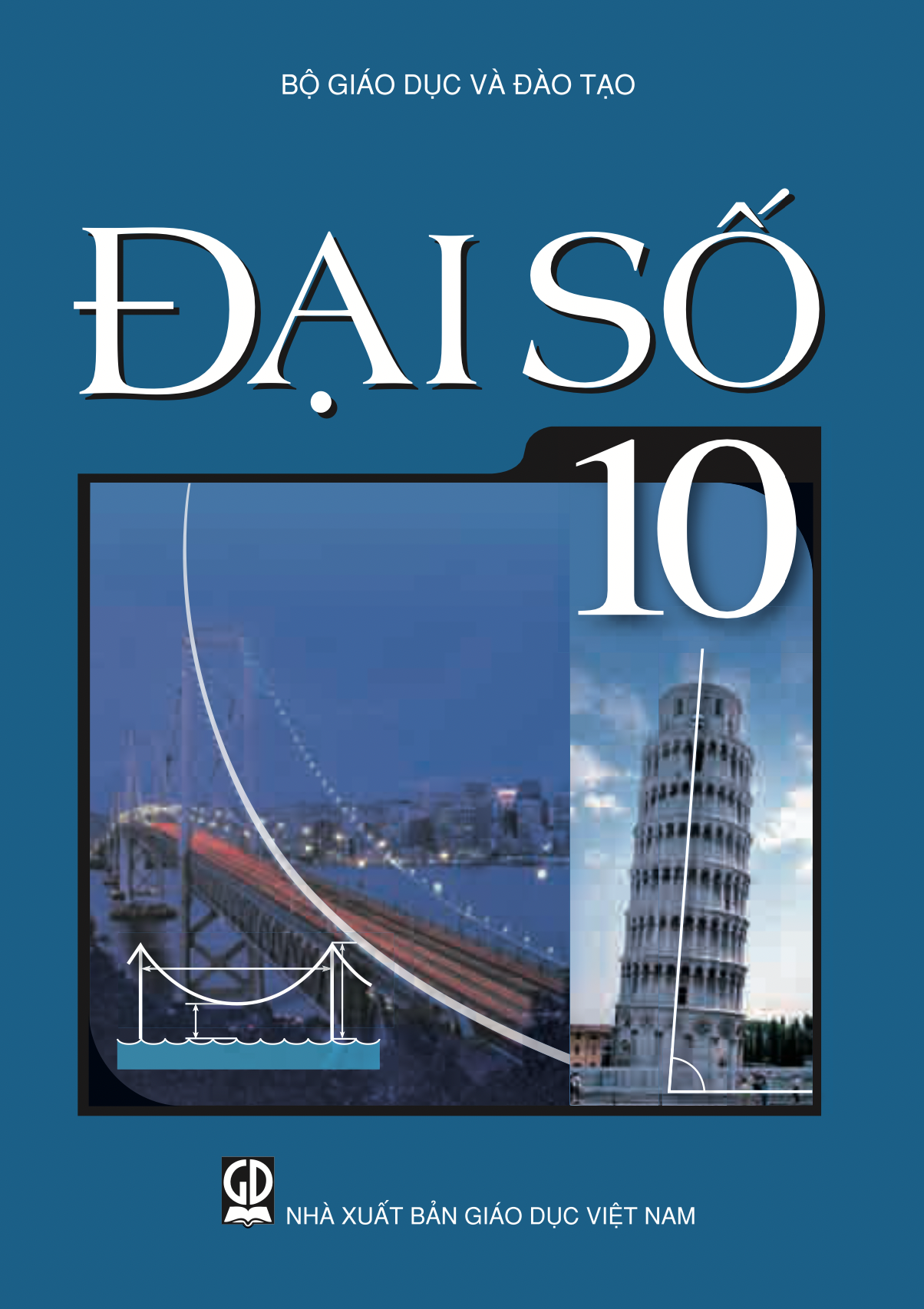(Page 116)
VII. COMMUNICATION AND CULTURE / CLIL
Everyday English
Expressing likes and dislikes
1. Listen and complete the conversation with the expressions in the box. Then practise it in pairs. 🎧
A. I can't stand
B. I really love
C. I'm not a fan
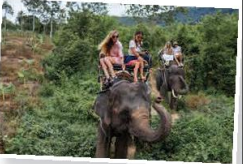
Alice: There're so many activities for visitors in this park. Do you fancy going on an elephant ride, Mai?
Mai: No, thanks. (1) _____ of elephant rides.
Alice: Don't you like elephants? They are very gentle creatures.
Mai: That's why we shouldn't ride on them. (2) _____ animal cruelty.
Alice: Yes, you're right. Perhaps we should learn more about the birds in the park. Mai: Good idea! (3) _____ bird-watching.
(Page 117)
2. Work in pairs. Use the model in 1 to make similar conversations for these situations. One of you is Student A, the other is Student B. Use the expressions below to help you.
1. Student A is talking about the activities he/she does on field trips to national parks. Student B expresses likes/dislikes about these activities.
2. Student A and Student B are planning an eco-friendly class party. They talk about the things and activities they like or dislike at a party.
| Useful expressions |
| Expressing likes | Expressing dislikes |
| • I love/adore... • I'm really into... • I'm a (big) fan of... • I'm keen on ... • I'm into... | • I hate/don't like... • I can't bear/stand... • I'm not really into ... • .... is not my favourite. |
CLIL
1. Read the text and tick (✔) the correct project in the table.
PROTECTING ECOSYSTEMS - IDEAS FROM AROUND THE WORLD
The healthier our ecosystems are, the healthier our planet and its people become. Ecosystem restoration can help end poverty, fight climate change, and prevent loss of flora and fauna on every continent and in every ocean. Below are two examples of successful ecological projects.
The Great Green Wall

The goal of this project is to create the largest living structure on the planet. The plan is to restore 100 million hectares of damaged land, limit the amount of carbon dioxide and create 10 million green jobs in Africa. This will provide rich land, food security, and improve the region's ability to deal with climate change. Since its launch in 2007, Ethiopia and Nigeria have restored millions of hectares of land, and Senegal has planted more than 10 million trees.
Belize Barrier Reef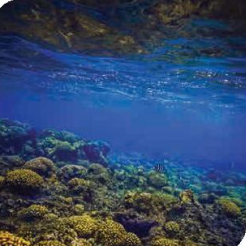
The Belize Barrier Reef was once described as the most amazing reef in the West Indies. It is home to a large diversity of plants and animals. It is Belize's top tourist destination, popular for scuba diving and snorkelling, and a UNESCO Natural World Heritage Site. Between 2009 and 2018, it was declared endangered because of pollution and the destruction of its ecosystems. However, because of conservation efforts, a large part of the reef is now protected. There are seven marine reserves. Belize has also stopped oil drilling near the Barrier Reef, banned plastic products, and created 'no-take zones', where removing plants and animals is not allowed.
(Page 118)
| The Great Green Wall | Belize Barrier Reef | |
| 1. It is a marine ecosystem of rich biodiversity. | ||
| 2. Its aim is to build the world's biggest living structure. | ||
| 3. Millions of trees have been planted in several African countries. | ||
| 4. The government has taken measures to restore and protect the ecosystem. |
2. Work in groups. Discuss the following questions.
Are there similar projects in Viet Nam? Do you think the ideas in 1 can be applied in Viet Nam?
